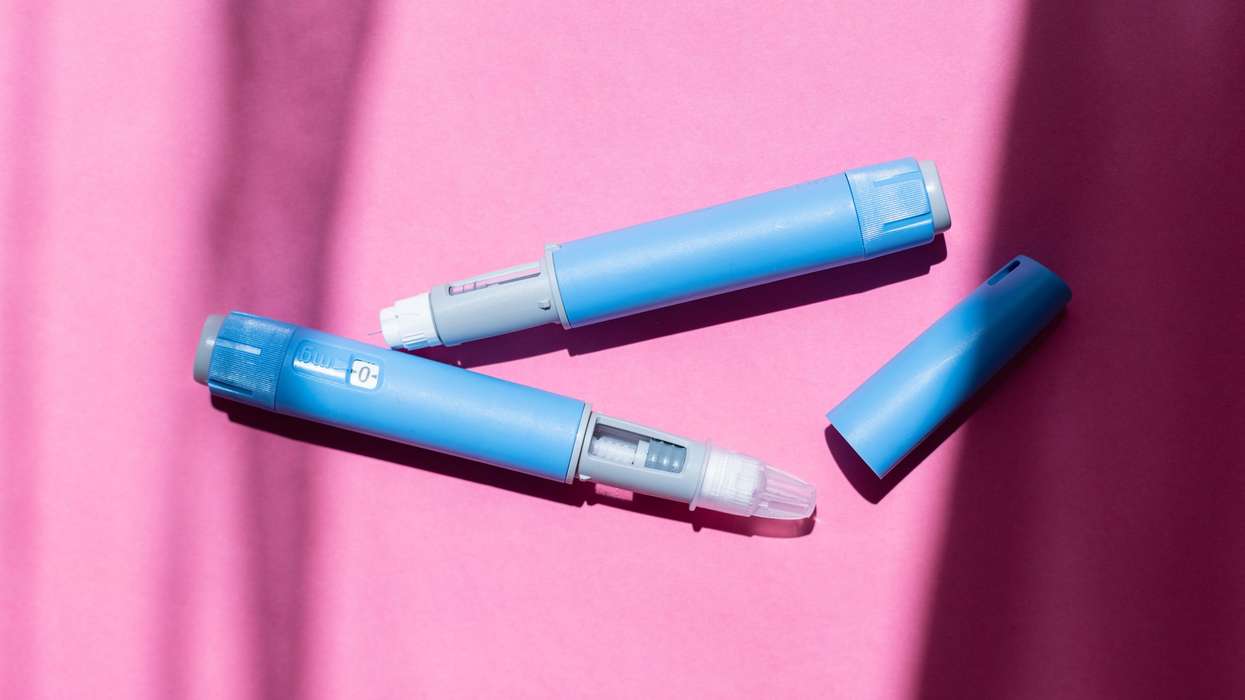The Department of Health and Social Care (DHSC) announced that the government has met its commitment to recruiting 26,000 more primary care professionals – including pharmacists – in GP practices, a year earlier.
However, pharmacy bodies are not impressed and are not celebrating this milestone. Instead, they have urged the government to immediately stop further recruitment of pharmacists in GP practices - which is exacerbating shortage of skilled staff in the sector.
Latest figures show 29,000 FTE staff have joined the primary care workforce since March 2019.
DHSC also mentioned that the increase in primary care staff has enabled Mitesh – a pharmacist working in GP surgeries – to deliver approximately 100 appointments a week, helping assist GP staff with medication queries and carrying out reviews of patients with long term health conditions and structured medicine reviews (SMRs), which help maximise the benefit of medication.
The Company Chemists’ Association (CCA) estimated that 8,800 pharmacists have been recruited into primary care since March 2019, which represents an increase of over 900 pharmacists in the last quarter alone.
Malcolm Harrison, Chief Executive of the CCA, said: “This announcement confirms that the NHS is continuing to recruit pharmacists and other healthcare professionals from elsewhere within the health system, to plug gaps in general practice. Whilst this is undoubtably good news for GPs, it is creating significant problems for the rest of the NHS.
"Despite our continued warnings of a workforce crisis in pharmacy, this short-sighted recruitment drive continues at pace. It’s clear that the left hand does not know what the right hand is doing.
"If Government and NHS want pharmacies to take on more workload to help recover access to primary care, they must immediately halt further recruitment of pharmacists into GP surgeries. With their target now met, the corrosive impact of the ARRS scheme on community pharmacy must be stopped”.
New NPA chair Nick Kaye said his association wasn't celebrating this milestone because of the drain ARRS (Additional Roles Reimbursement Scheme) was introduced in England in 2019 as a key part of the government’s manifesto commitment to improve access to general practice.has created on the community pharmacy workforce.
“The scheme has the unintended consequence of stripping away patient-facing professionals from community pharmacies, making pharmaceutical care less rather than more accessible overall.
“The recent Hewitt review into the effectiveness of Integrated Care Systems called this out as an example of silo thinking.
“Recruitment into ARRS roles should not be considered in isolation as a matter for GP practices only. Workforce plans should take into account the whole of primary care, including community pharmacy. With that approach, investment in staff across the system could be much more productive and connect all the available resources. Taking the integration mindset a step further, why can’t ARRS roles be considered for the community pharmacy setting too?”
The review, Rt Hon Patricia Hewitt published in April highlighted the impact that ARRS roles for pharmacists are having on the community pharmacy sector.
It said: “Contracts with national requirements can have unintended consequences when applied to particular circumstances. For instance, the national requirements and funding of Additional Roles Reimbursement Scheme (ARRS) roles for community pharmacists within PCNs, has on occasion exacerbated the problem of a general shortage of pharmacists, with some now preferring to work within primary care rather than remain in community pharmacies or acute hospitals, compounding the problem of community pharmacy closures and delayed discharges.”











